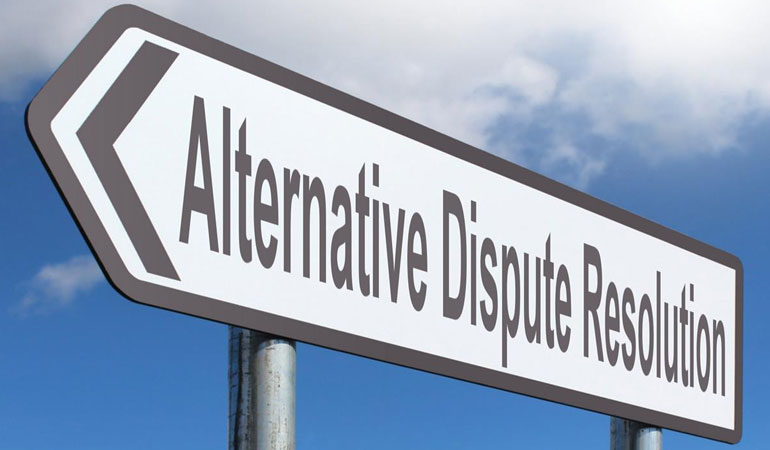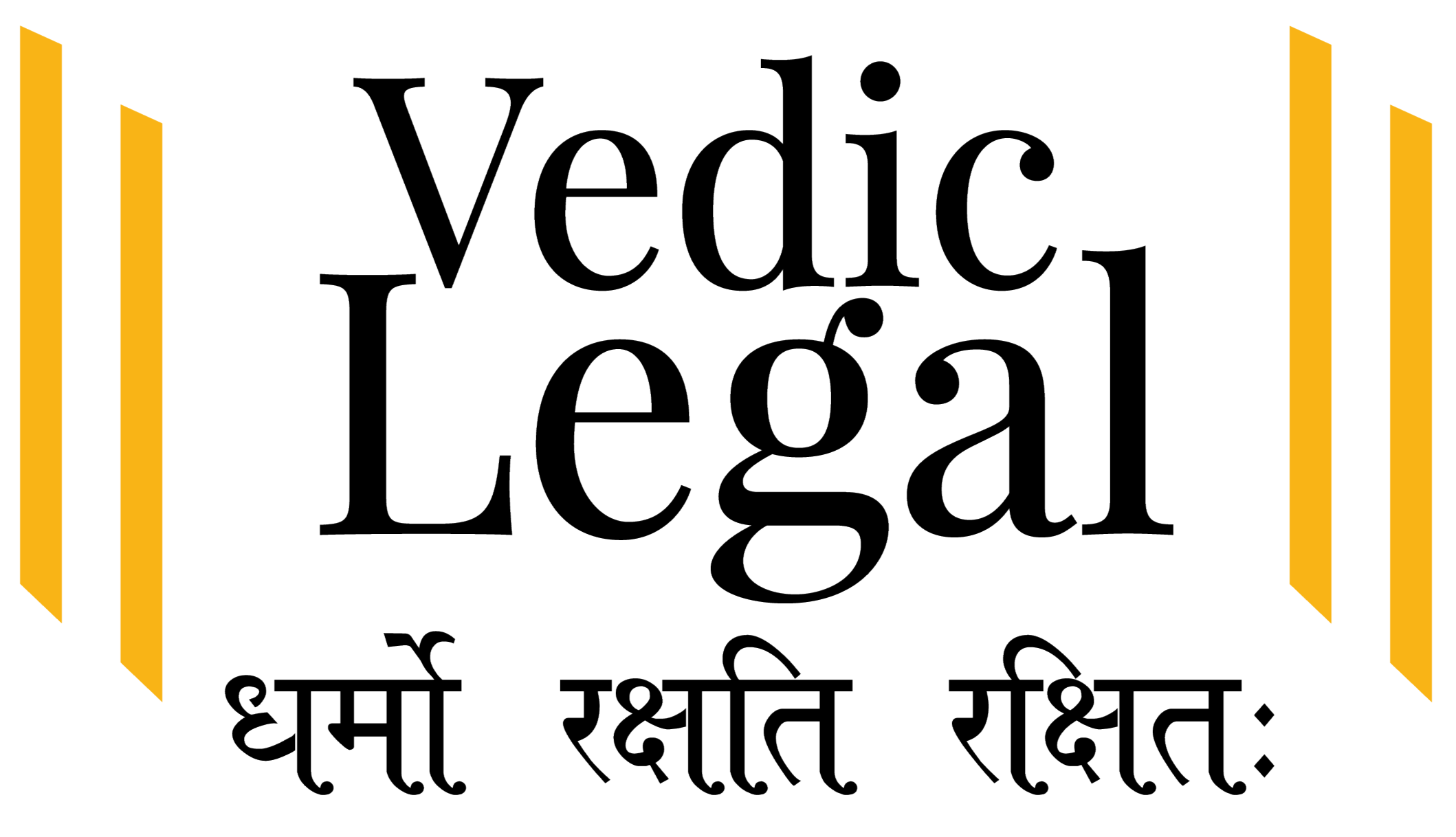Alternative Dispute Resolution: Everything You Need to Know
Alternative dispute resolution (ADR) is a great way to solve disagreements without having to go to court. ADR is used in a variety of settings, from family disputes to workplace issues, and it can be a very useful tool for anyone who is looking for a peaceful resolution to their conflict.
It is important to understand the different types of ADR processes and the benefits associated with each one. Whether you are looking to resolve a dispute between yourself and another party or seeking a solution to a situation with a business, this article will provide you with everything you need to know about ADR.

What is Alternative Dispute Resolution (ADR)?
Alternative dispute resolution, or ADR, is an informal dispute resolution process that is used to solve disagreements outside of a court of law. ADR is used to address a variety of issues, including contractual disagreements, business disputes, and debt collection issues.
There are many types of ADR processes, including negotiation, mediation, collaborative law, and dispute boards. These processes are often quicker, easier, and less expensive than court proceedings. ADR is a great way to resolve disputes without having to go to court, as it is informal and often private. Most ADR processes are initiated by the parties involved in the dispute.
However, there are some situations in which the government will step in and force the parties to use ADR. This is often the case when a large amount of money is at stake. For example, if someone sues the government for a breach of contract, the government might choose to use ADR as a means of avoiding a costly court battle.
Understanding Benefits of Alternative Dispute Resolution
- ADR is usually much cheaper than a court proceeding, as most ADR processes do not involve lawyers. Thus, the cost savings can be significant.
- ADR often results in a more immediate resolution, since most processes are less formal and do not have a strict timeline associated with them.
- ADR is usually less stressful than going to court. This is especially true for individuals who are involved in disputes with the government, as going to court can be intimidating.
- ADR is often confidential, meaning that the information revealed during the dispute resolution process remains private and does not become public knowledge.
Alternative Dispute Resolution: What Are the Different Types?
There are many different types of ADR processes, each of which can be useful when trying to solve a dispute. Some of the most common types of ADR processes include negotiation, mediation, collaborative law, and dispute boards. The type of ADR process used will depend on the type of dispute.
- Negotiation: Negotiation is the process of talking with the other party involved in the dispute to agree. This process is often very informal and does not involve any outside parties.
- Mediation: Mediation is a process in which independent third-party acts as a facilitator between the parties involved in the dispute, to help them to reach an agreement. The mediator does not make any decisions but instead helps the parties to agree on their own.
- Collaborative Law: A type of ADR process that is gaining traction, collaborative law is a negotiation-based process that is intended to operate in a very informal manner. A collaborative law agreement will outline the terms of the dispute resolution, including the timeline for reaching an agreement. Unlike in mediation, the parties are not required to reach an agreement.
- Dispute Boards: A dispute board is an informal dispute resolution process that is often used in situations involving government contracts. A dispute board will consist of a group of individuals who have experience in the relevant field and who have been appointed by an overseeing body to hear disputes.
Exploring Cost Savings Of Alternative Dispute Resolution
One of the biggest benefits associated with ADR is cost savings. Many ADR processes are very inexpensive and this is in stark contrast to court proceedings, which are very expensive and will usually require a person to hire a lawyer.
This is particularly beneficial to those who do not have a lot of money or who cannot afford to hire a lawyer. Additionally, the quicker resolution time often associated with ADR will also result in cost savings. ADR is often cheaper than court proceedings and can result in a more immediate resolution.
For example, if someone is involved in a dispute with their insurance company and needs to file a lawsuit to get the amount of money they are owed, they will often have to pay a fee each month while the lawsuit is being processed. Using ADR, however, will result in a swift resolution and will save the individual money.
Do you want to resolve legal issues through ADR? Vedic Legal is the place to go. Whether you have a contractual dispute, business dispute, or debt collection issue, we can help you resolve it outside of court.
Book your appointment with Vedic Legal today.





